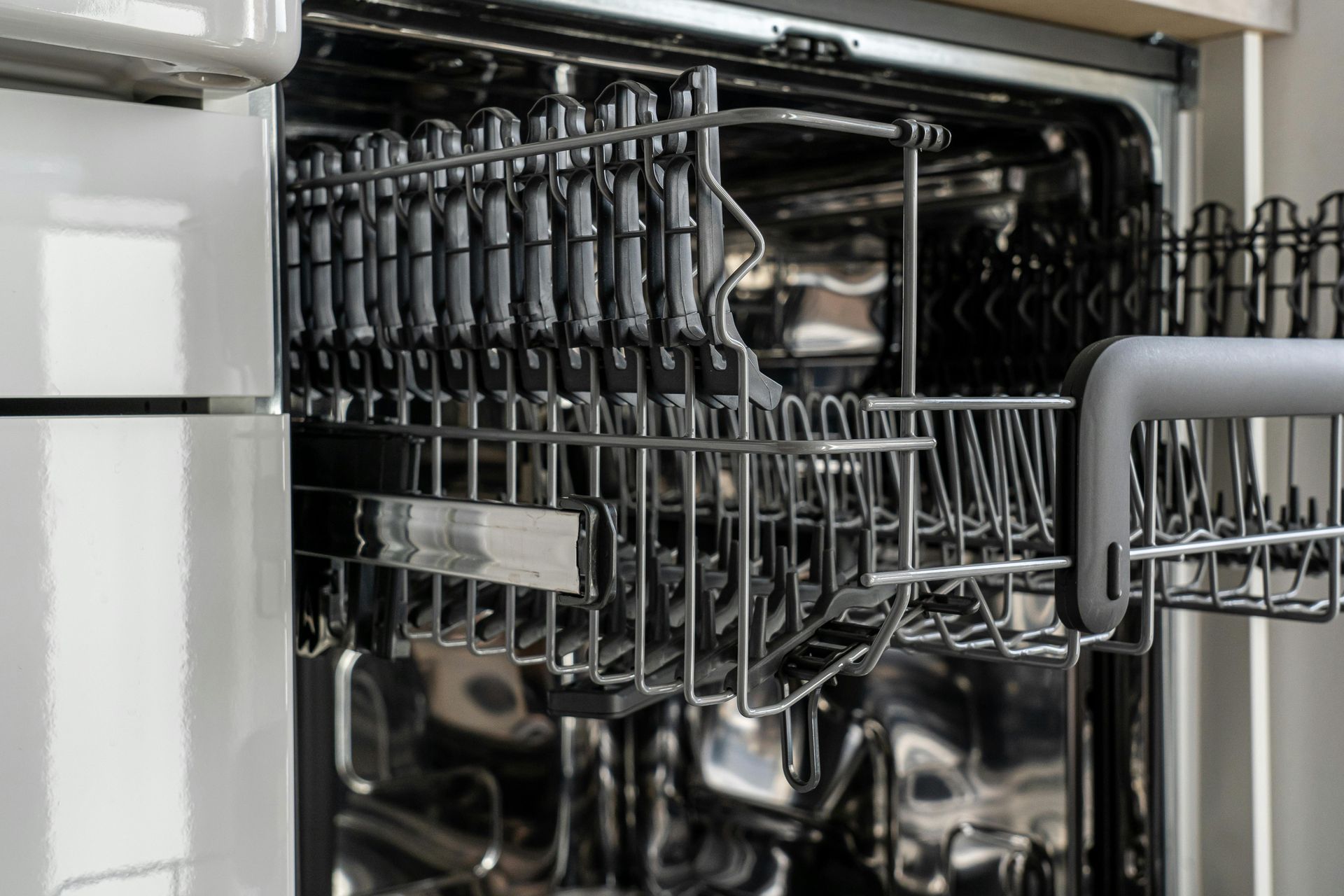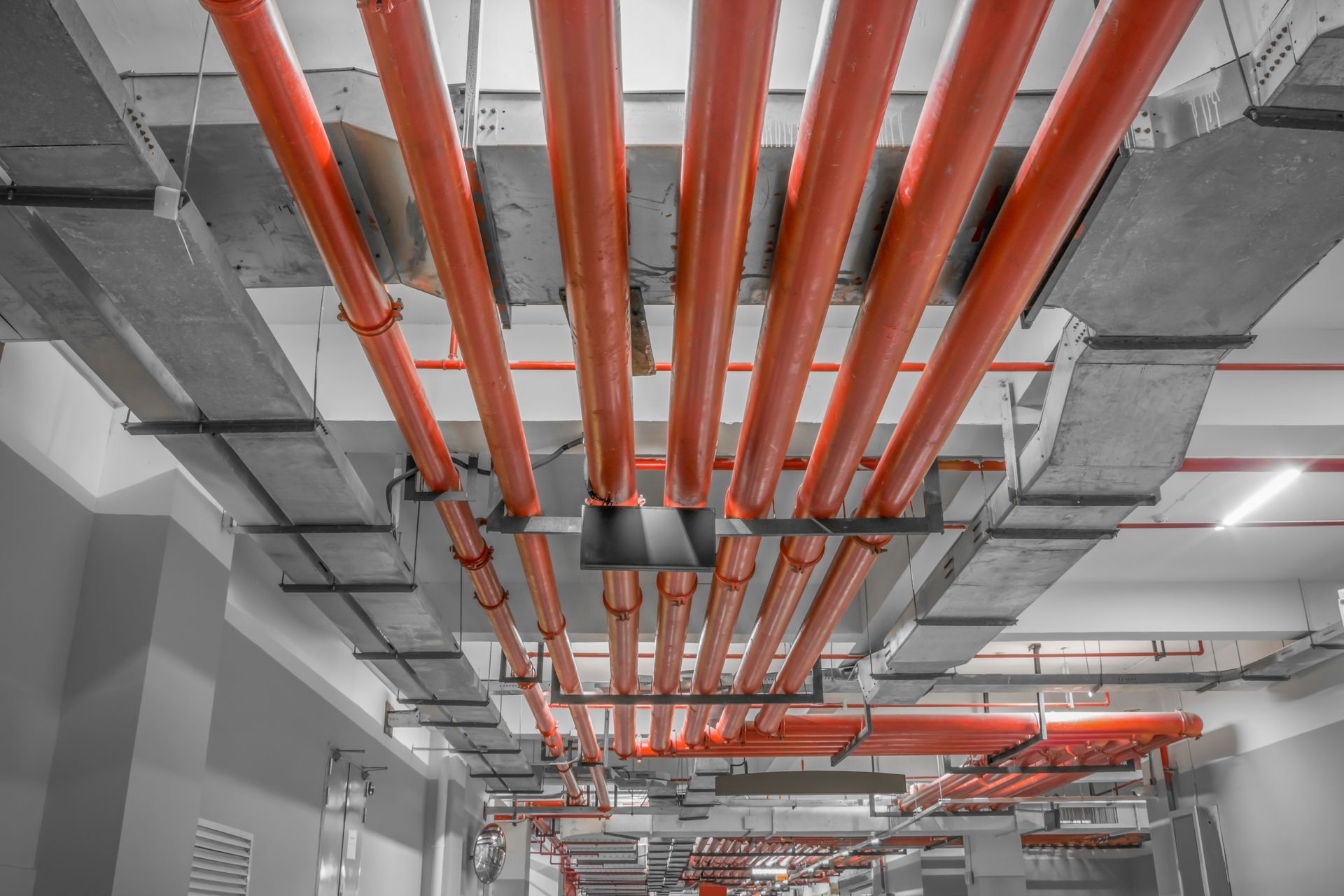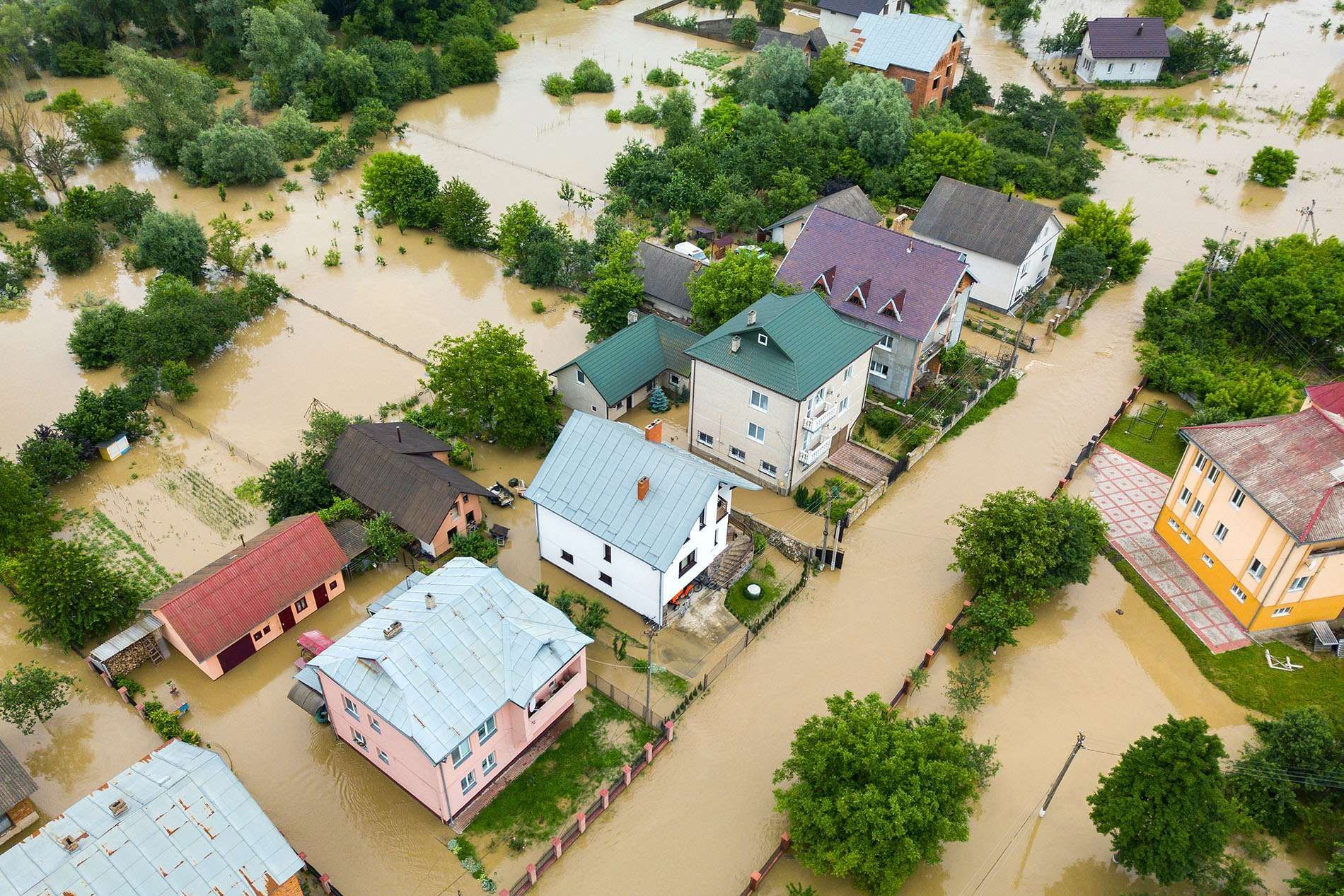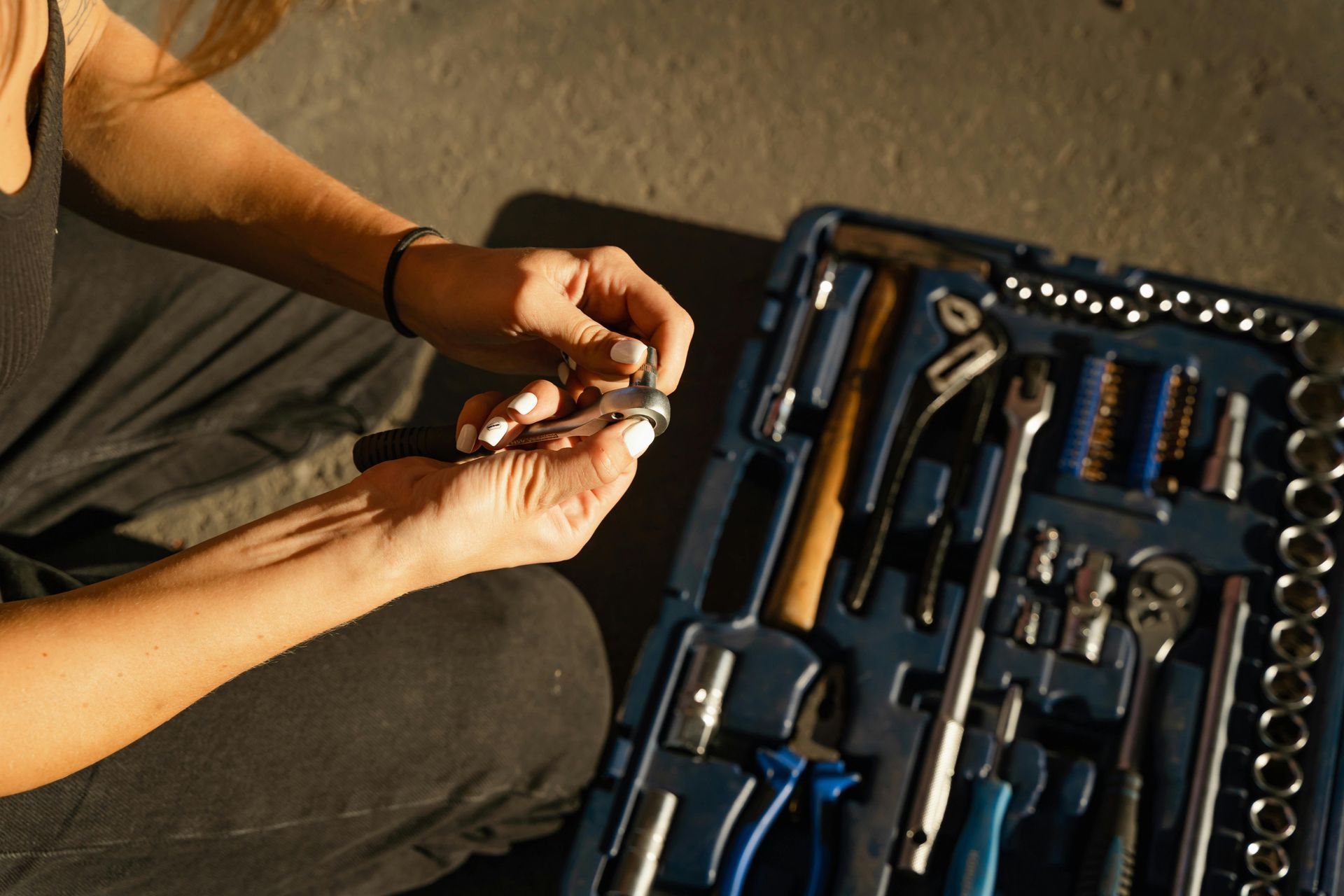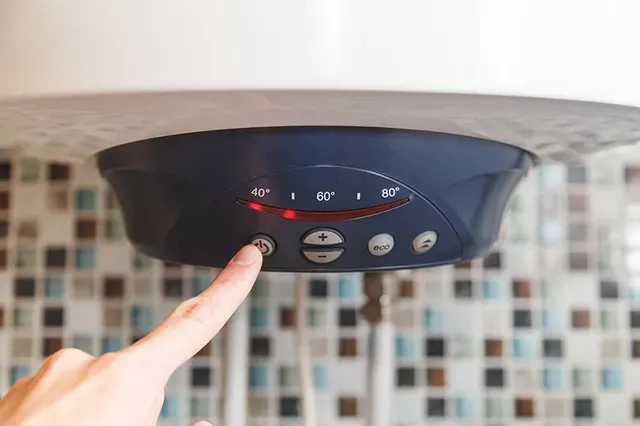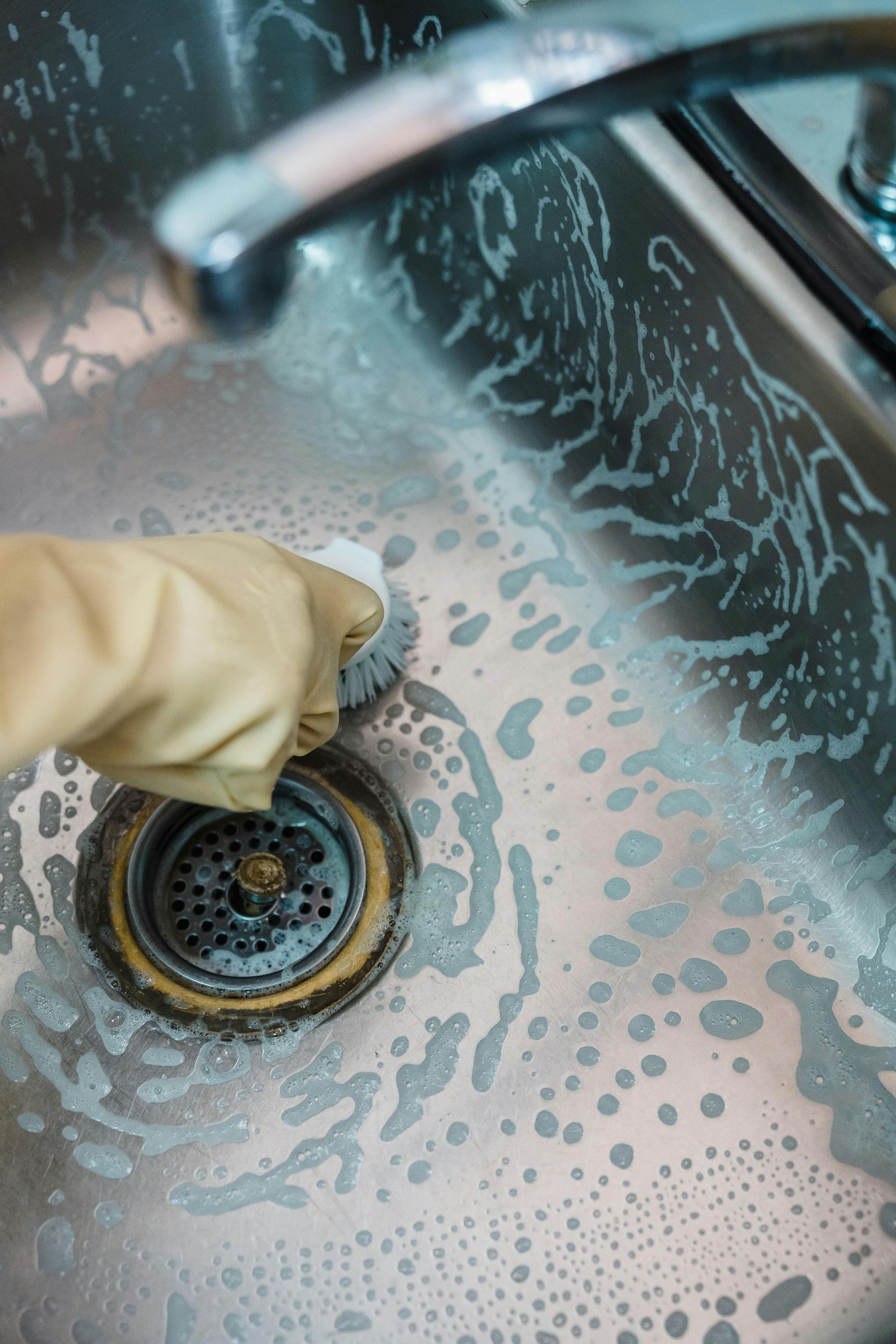How To Effectively Detect A Gas Leak In Your Home?
Gas leaks are among the most serious hazards a homeowner can face, posing risks of fire, explosion, and health complications. Early detection is critical to ensure the safety of your household and property. This comprehensive guide explains how to identify the signs of a gas leak, the steps you must take if you suspect one, and the importance of professional intervention. Along the way, we’ll highlight why routine plumbing maintenance-including how to maintain garbage disposal for longevity-plays a role in overall home safety, and when to rely on experts like All City Plumbers or call emergency services.
Recognizing the Signs of a Gas Leak
The most recognizable indicator of a gas leak is the distinct smell of rotten eggs. Utility companies add this odorant to natural gas, which is otherwise odorless, specifically to help homeowners detect leaks quickly. If you notice this smell in your home, treat it as an immediate warning.
Other signs include a hissing or whistling sound near gas lines or appliances, which can indicate gas escaping under pressure. You might also observe dead or dying plants near gas lines, excess condensation on windows, or visible pipe damage. Indoors, physical symptoms such as dizziness, nausea, headaches, or fatigue among family members can be a sign of gas exposure.
Simple At-Home Detection Methods
While your senses are the first line of defense, you can use additional methods to confirm suspicions. One common technique is the soapy water test: mix a small amount of dish soap with water and apply it to areas where you suspect a leak. If you see bubbles forming, this indicates gas is escaping. However, do not rely solely on this method for safety-always take further action if you suspect a leak.
Installing a gas leak detector is highly recommended for early warning. These electronic devices provide continuous monitoring and can alert you to even small leaks before they become dangerous. Regularly check your gas appliances and connections as part of your home maintenance routine, just as you would maintain garbage disposal for longevity to prevent plumbing issues.
What To Do If You Suspect a Gas Leak
If you suspect a gas leak, act immediately. Do not use electronics, light switches, or phones inside the house, as even a small spark can ignite the gas. Avoid using matches, lighters, or any open flames. Open windows and doors to ventilate the area if it is safe to do so, but do not try to find the source of the leak yourself.
Evacuate everyone from the premises right away. Once you are at a safe distance, call your gas supplier’s emergency line, emergency services, or a qualified plumbing professional such as All City Plumbers. Do not re-enter your home until it has been declared safe by professionals.
Professional Inspection and Repair
Never attempt to repair a gas leak yourself. Gas line repairs require specialized training and equipment. Licensed professionals, like those at All City Plumbers, are equipped to locate the source of the leak, make necessary repairs, and ensure your system is safe before you return home. They may also check for related issues, such as faulty connections or aging pipes, and recommend upgrades or maintenance to prevent future leaks.
Preventive Maintenance and Home Safety
Preventing gas leaks starts with regular inspection and maintenance of your home’s gas appliances and lines. Schedule annual professional inspections for your furnace, water heater, stove, and any other gas-powered devices. Proper installation and timely servicing are essential. In addition, maintain garbage disposal for longevity and keep all plumbing systems in good condition to reduce the risk of leaks and other emergencies.
If your gas lines are old or have suffered repeated leaks, a full replacement may be necessary. Professionals can assess the condition of your system and advise if upgrades are required to ensure long-term safety.
Conclusion
Detecting a gas leak quickly and responding appropriately can save lives and prevent catastrophic property damage. Trust your senses, use detectors, and never ignore warning signs. If you suspect a leak, evacuate immediately and contact emergency services or trusted professionals like All City Plumbers for prompt assistance. Regular maintenance of all plumbing and gas systems-including routine tasks like maintaining garbage disposal for longevity-will help keep your home safe and secure.


